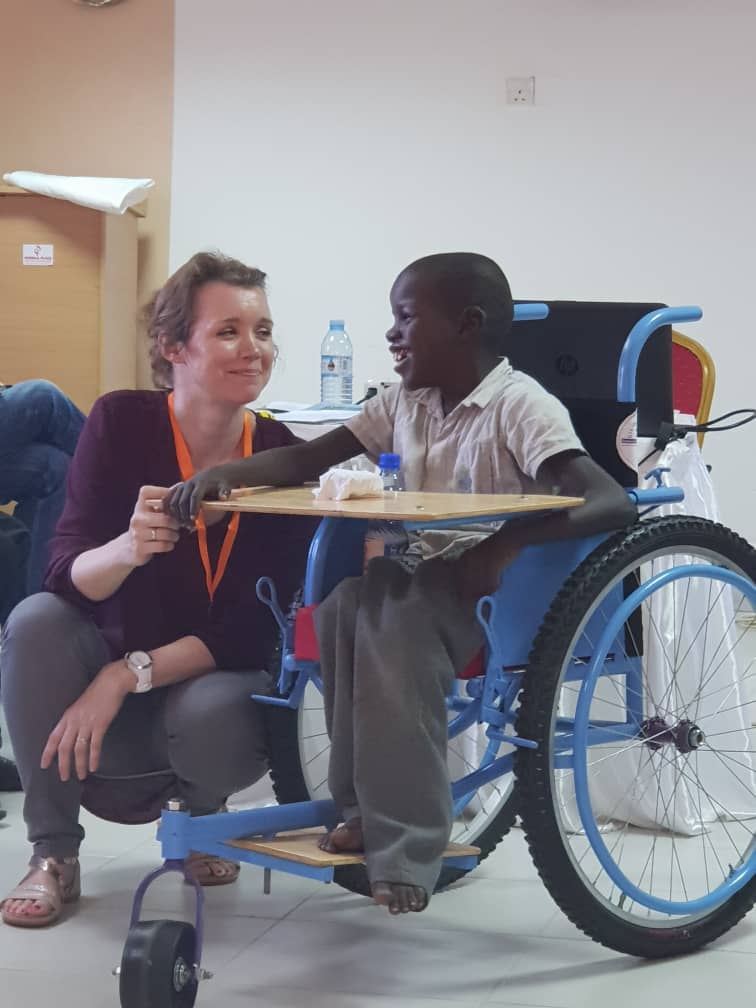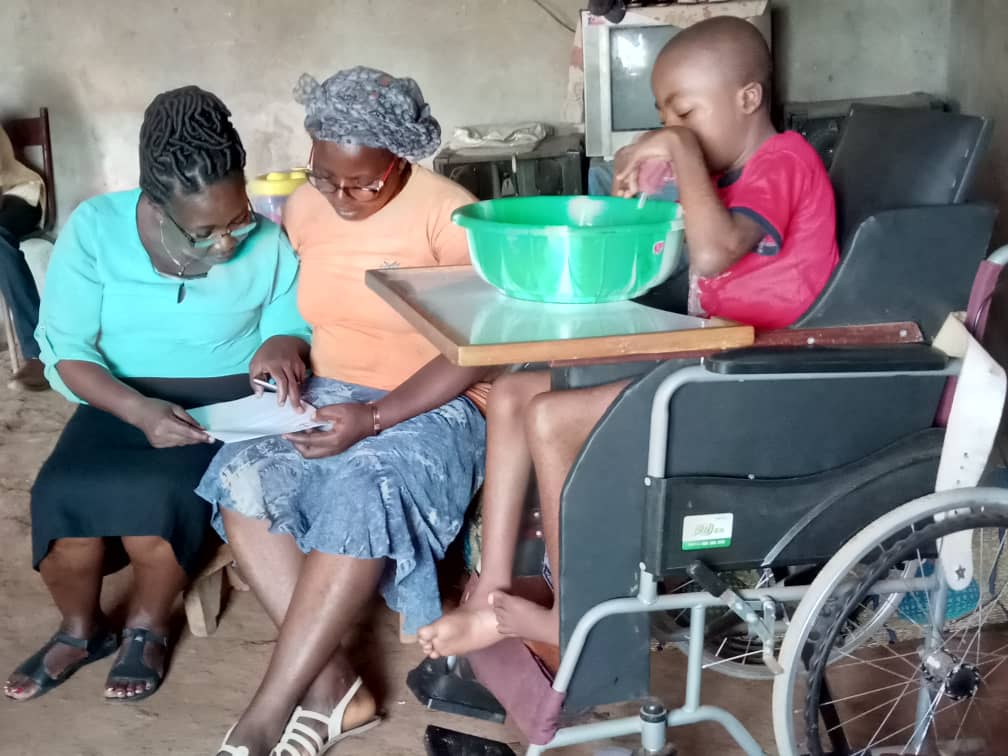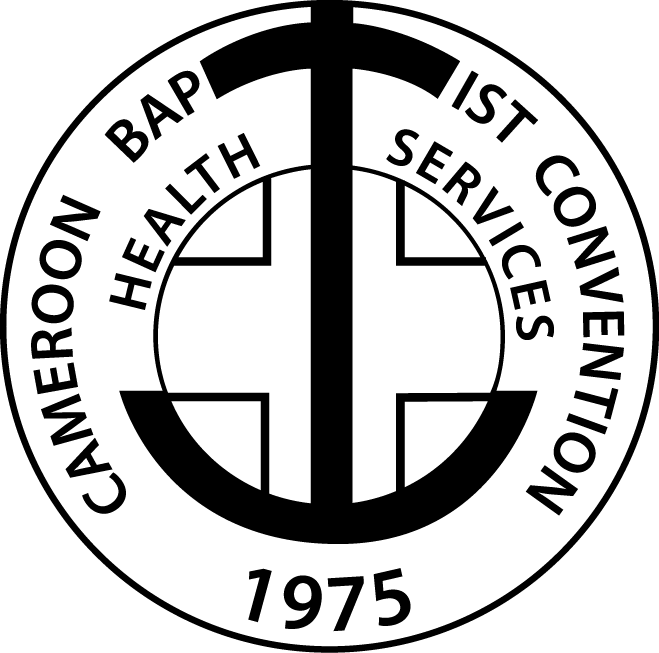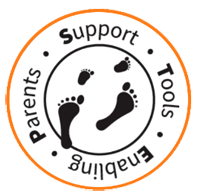
Overview
The Cameroon Baptist Convention Health Services became the Strategic Partner Organization of the Liliane Foundation (LF) in October 2014. This new strategic role came about thanks to CBCHS’ wealth of experience in providing services to persons with disabilities since the 1950s and also its similar vision to that of the Liliane Foundation. The Empowerment and Disability Inclusive Development (EDID) Program was created as a coordinating office to steer the effective implementation of activities outlined in this CBCHS’ strategic partnership role with LF.
The EDID program is a component of the Services for Persons with disabilities (SPD) Program with the core objective to empower children and youths with disabilities aged 0 to 25 years in Cameroon and foster disability inclusive development. It implements activities using 2 core strategies (1) Child Development which empowers needy children and youths with disabilities by facilitating their access to education, healthcare, social and livelihood opportunities and (2) Enabling Environment which reduces the environmental barriers that hinder the effective and meaningful participation of Children and youths with disability in the Society. This core strategy is implemented through a network of over 20 partner organizations spread in 8 regions Cameroon who receive technical and financial support from the program.
Program Goal
The goal of the EDID program is to ensure that children and youngsters with disabilities in Cameroon participate equally in the lives of their families and communities.

Our Activities
The activities of this program are in four Fold: Education, Health, Socials and Livelihood
Education:
A total of 476 children have been supported under the Education component, 48 in Inclusive Primary Schools, 288 in Special Primary Schools, 53 in integrated, 12 in Inclusive Secondary Schools, 56 in Integrated Secondary Schools, 4 in Public Universities, 9 in Private Institutions. Regarding Enabling Environment under this component, PROMHANDICAM supported and followed-up 148 children with disabilities in mainstream schools to enable them learn inclusively. These include the visually, physical, intellectual and autistic children in 20 mainstream primary school, 7 secondary schools and 5 higher institutions of learning. Support have also been provided to the National Examination Board for transcriptions of exams to braille and vice versa for 137 visually impaired. They have also supported the construction of a ramp in a government school which has benefited over 1500 children including 50 children with disabilities. An inclusive school in Douala has been able to convince 3 schools to receive children with disabilities through workshops and sensitization meetings with school authorities and another have been able to advocate for the inclusion of 35 CWDs and 150 peers in mainstream schools.
Health
A total of 848 children have benefited from the program under the health component. 517 for medication/surgeries, 233 for physiotherapy and the rest for other assistive devices. Partners were encouraged to partner with service providers to strengthen parents on the better management of their children health’s needs. So there is a general increase in parent’s collaboration to care for their children’s medical needs. Remarkable improvements have been noticed in the healthcare provided to children with disabilities whose parents are now able to use devices like parallel bars, prosthesis, etc. Partners also have been engage in identifying epileptic cases in the field and subsidized the acquisition of treatment. These have significantly reduced the rate of seizures thus limiting the acquisition of disabilities. Other partners have also been creating good collaboration with health service providers which enabled uninterrupted healthcare provision to children with disabilities.
Socials
Under this component, a total of 213 families have benefited from counseling support while 145 CWDs have participated in sporting and leisure activities. A total of 463 parents have been participants in supports groups. All partner organizations have been supported to create support groups of parents of children with disabilities. Some partners have more than 1 support groups. The creation of support groups has added a lot of quality to the advocacy component of the child empowerment program. A parent support group in Yaounde has been successful in advocating for the employment of some parents of children with disabilities. This has increase the income level of the parents who are now able to better take care of their children. More so, a support group in Tobin has established close links with the Kumbo council and this has enabled 10 of their children to be shortlisted to benefit part payment of school fees and the provision of school material at the start of the academic year in September 2017. Support groups in the Bangang area have received training on CBR and this has been enabling them to act as CBR field agents in the communities. Progress is being made to legalize these support groups. Partner organizations and their field workers trained in CBR during the first quarter are already implementing lessons learned. Psychosocial counseling is provided to families, advocacy on the inclusion of children by community stakeholders and follow-ups.
Livelihood
Partner Organizations have continuously been encouraged to partner with local mainstream vocational training institutions to train CWDs. This was done and 28 CWDs have been enrolled in centers of their choice. Sensitizations have been carried out in those centers to ensure the acceptance of these children. 4 children through a Partner organization have been able to establish their independent workshops due to the skills training they acquired and were financed to benefit . This however is still an area with huge gaps in the network. Inclusive Vocational training facilities are lacking and there is need for great improvement in this area
Funders and implementers
![]() The EDID program is funded by the Lilian Foundattion and implemented in Cameroon by the CBC Health Services.
The EDID program is funded by the Lilian Foundattion and implemented in Cameroon by the CBC Health Services.

